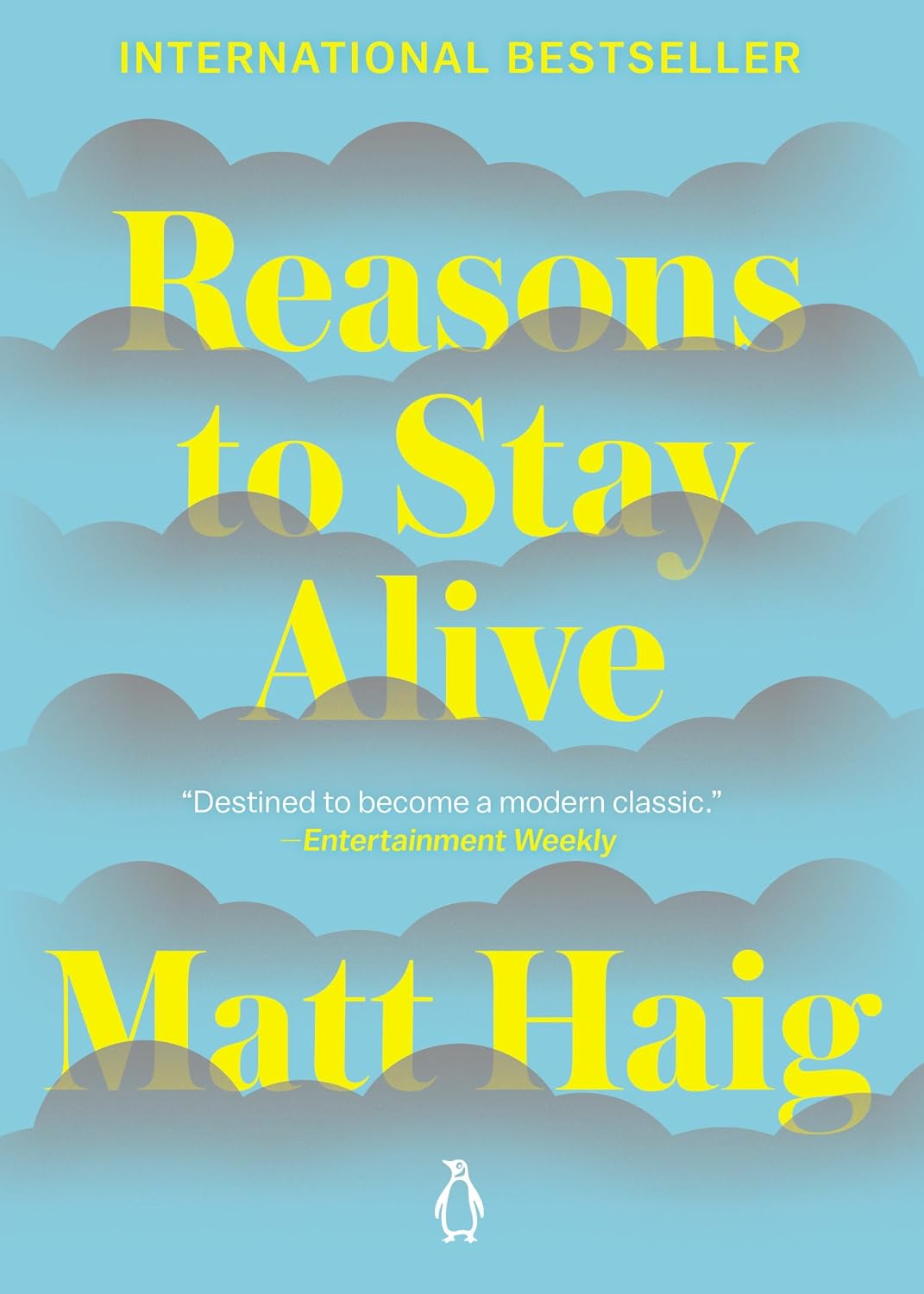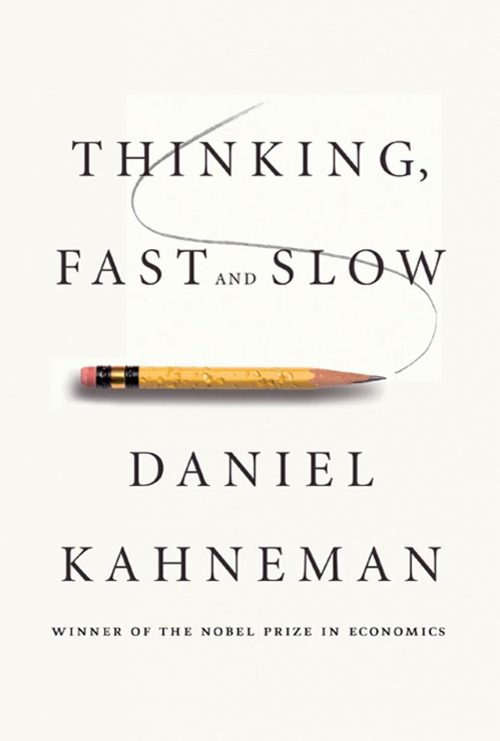Reasons to Stay Alive
In the landscape of contemporary memoirs addressing mental health, Matt Haig’s Reasons to Stay Alive stands out both for its deeply personal account and its light-handed approach to the crippling effects of depression and anxiety. At merely 24 years old, Haig found himself on the brink of despair so profound that life itself seemed unlivable. Yet, his memoir is not merely a journey into the dark; it is a guide back out of it, offering a blend of personal anecdotes, accessible philosophies, and hopeful affirmations.
Matt Haig’s prose is unfussy and straightforward, which makes the complex, often ineffable feelings of depression accessible to readers who might be unfamiliar with its realities. For those who have endured similar battles, Haig’s recounting offers camaraderie and possibly a cathartic echo of their own experiences. What is particularly remarkable about Haig’s narrative is his ability to interweave humor and warmth into a narrative about an illness often synonymous with isolation and cold despair.
Despite its subject matter, Reasons to Stay Alive is surprisingly uplifting. Haig explores not only his own recovery but also delves into broader societal implications and understandings of mental health. He offers readers a lens to reevaluate their own attitudes towards happiness, productivity, and societal pressures—subjects that touch everyone, not just those with mental health conditions.
The structure of the book, with its short chapters and occasional lists, makes it an easy read even though it deals with heavy subjects. This style suits the content well, providing quick breaths of insights that mirror the day-to-day realities of recovering from anxiety and depression where any moment of relief is a cherished respite.
One might argue that Haig’s approach is too simplistic at times and may not delve as deeply into the medical or therapeutic nuances of mental health treatment as some readers might prefer. However, it’s clear that Haig’s intention is not to write a medical textbook but rather a personal survival guide that what one might need during moments of crisis—a friend reaching out through the darkness saying, “Look, I’ve been there too.”
To conclude, Reasons to Stay Alive is more than just a memoir—it’s a beacon of hope for those who are struggling. It offers a message that is profoundly needed in a world that often stigmatizes mental health: it is not only possible to survive depression and anxiety, but it is also possible to thrive despite them. Matt Haig’s journey is a compelling reminder that every life, even one burdened by a seemingly insurmountable mental illness, is worth living. His book is undoubtedly a meaningful contribution to today’s collective conversation about mental health, framed intimately within the narrative of his own experience, yet universally resonant.









Reviews
There are no reviews yet.